Dhaka, Feb 07 (V7N) — The current government is considering legal measures to ban the Awami League as a political party, according to Local Government Advisor Asif Mahmud Sajeeb Bhuiyan. In an exclusive interview with Bangladesh Sangbad Sangstha (BSS) on Friday, he stated that discussions are underway to take steps in line with public demand and legal procedures.
Asif Mahmud highlighted that a "political consensus" is emerging among various parties regarding the need to ban the Awami League. He noted that the people of Bangladesh had rejected the undemocratic actions of the former ruling party, which led to increasing support for banning it before and after August 5.
"The government represents the aspirations of the people, and after August 5, their demand to ban the Awami League must be considered," Asif Mahmud said. He also acknowledged the role of BNP in raising this demand.
When asked about immediate steps, the advisor explained that apart from judicial processes, the government has four legal avenues through which it can take executive action against the Awami League. However, he emphasized that a final decision has not yet been made regarding the legal framework.
"The Awami League’s involvement in the July-August massacre must be proven through the judicial process," he stated. "If this is established, the government may cancel the party’s registration and impose a ban. However, the government will ensure that all legal procedures are properly followed."
Asif Mahmud reassured that steps will be taken soon to reflect the will of the Bangladeshi people.
The advisor also addressed reports about a new political party being formed by students who led the July mass uprising. He pointed out that previous mass uprisings, such as in 1990, failed to bring lasting political change because those who led the movements were not involved in governance.
"Many of those who participated in the August 5 uprising are not affiliated with any political party," Asif Mahmud said. "Now, there is a growing interest among them to shape the future of the state through political engagement."
He confirmed that discussions about launching a new political party are in progress, with a possible debut in the second half of February. However, the party’s name has not yet been finalized.
Regarding whether government officials will join the new party, Asif Mahmud clarified that if any student leaders in the current government decide to enter politics, they will first resign from their government roles.
"This government’s mandate is to conduct fair elections, implement necessary reforms, and prosecute those responsible for dictatorship. Any steps taken will be carefully considered to prevent conflicts of interest," he added.
While Asif Mahmud did not confirm his own participation in the new party, he stated that he is reviewing the situation and will announce his decision once finalized.
When asked whether the government's focus on reforms conflicts with political parties' push for elections, Asif Mahmud rejected the notion of a conflict.
"This government was formed to build a positive political structure after August 5," he said. "The people fear that if power is transferred to a political party without reforms, the same old problems will continue."
He referenced the six reports submitted by the Reform Commission under his leadership, stating that implementing these reforms is crucial to ensuring a fair electoral environment.
"It is unclear why political parties that previously said fair elections were impossible under Sheikh Hasina’s system are now willing to contest under the same structure," he remarked. "Without meaningful reforms, any party that comes to power will struggle to govern effectively."
Asif Mahmud emphasized that reform initiatives and legal actions against the Awami League are essential steps toward ensuring a fair election. He asserted that "a level playing field will only be created through visible reforms and justice against those responsible for past dictatorship."
With legal and political changes on the horizon, Bangladesh is entering a crucial phase in its democratic transition. Whether the government proceeds with banning the Awami League and how new political forces emerge will shape the country’s political landscape in the coming months.
END/MSS/AJ



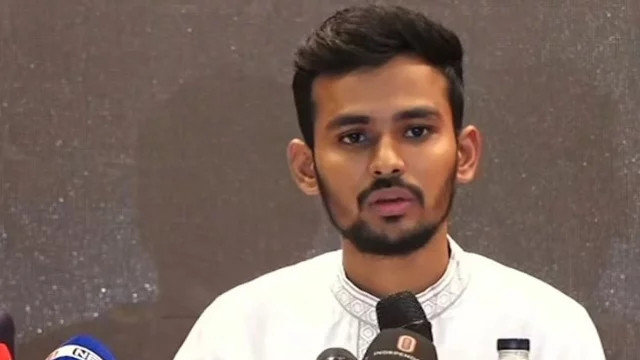
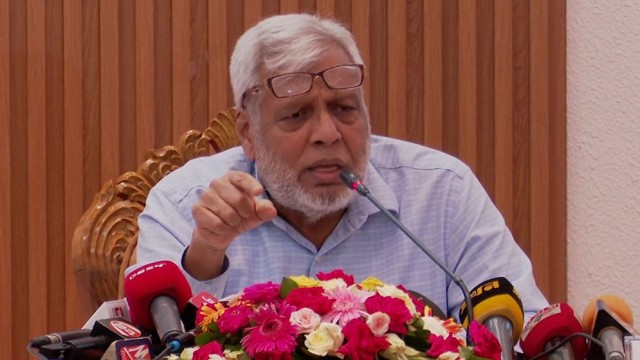
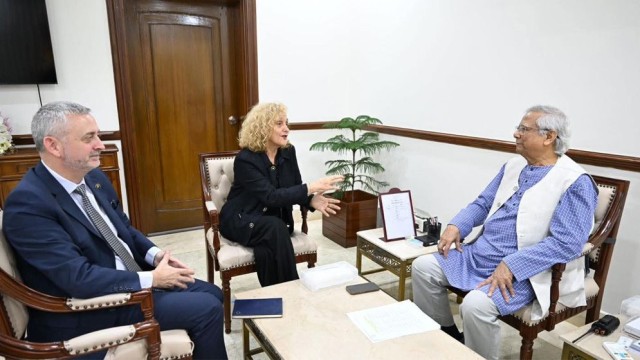
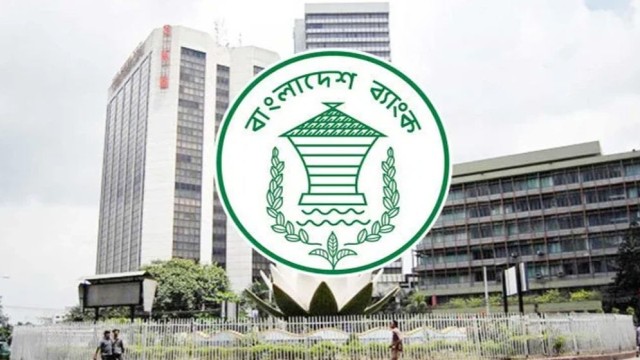

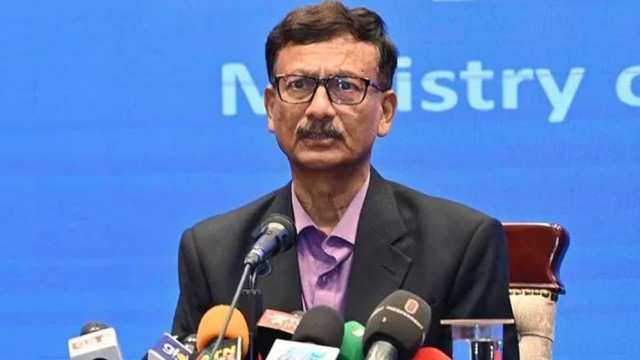
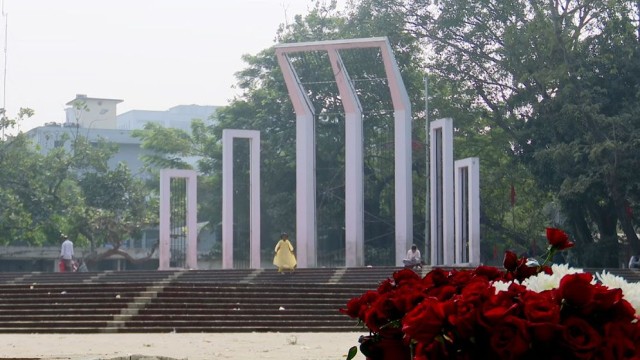
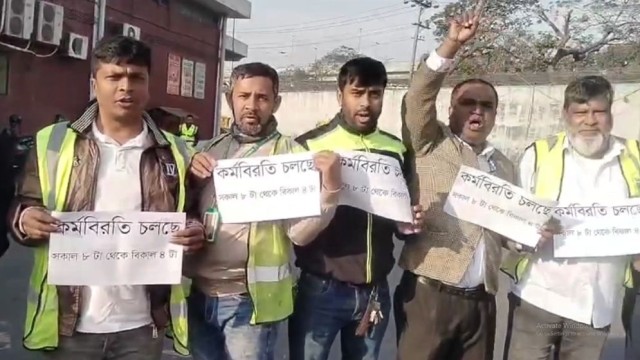
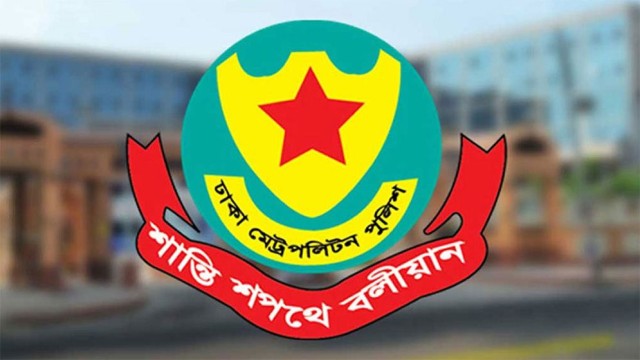
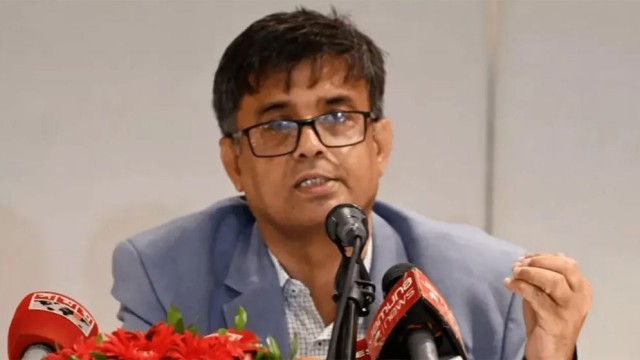

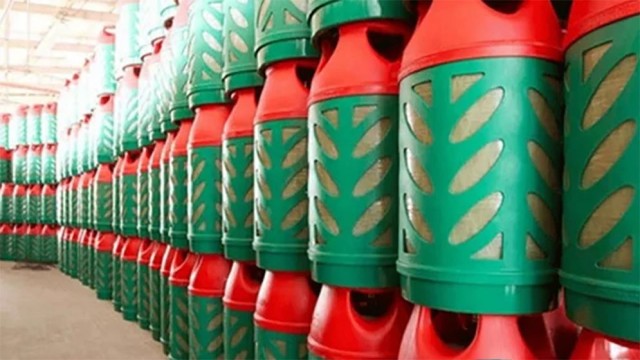
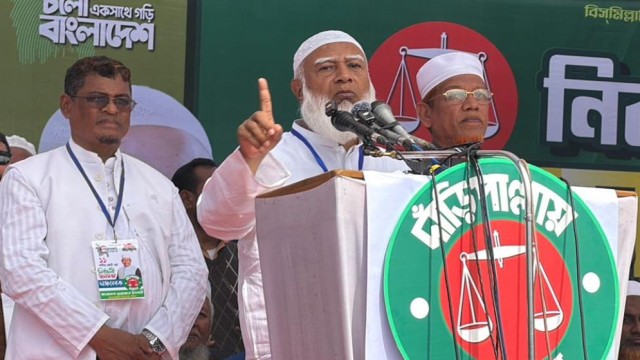
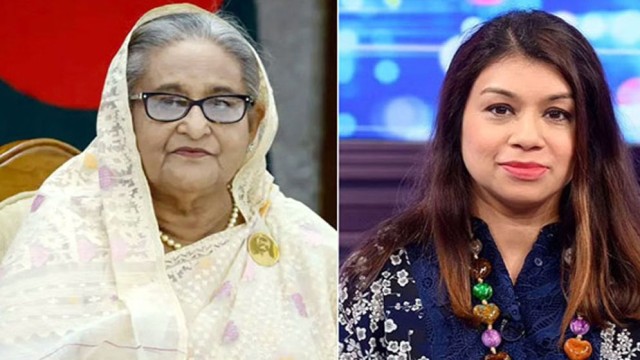





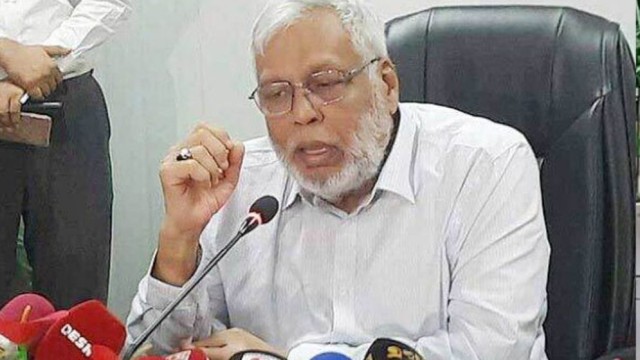


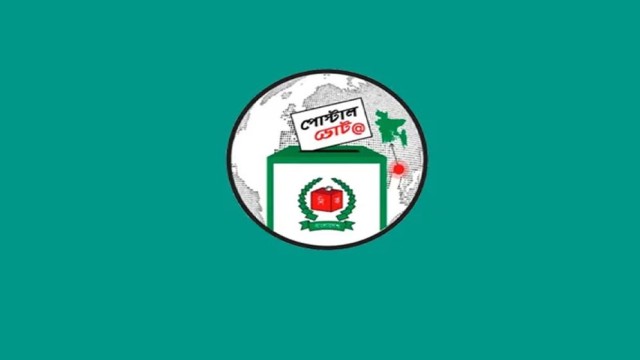

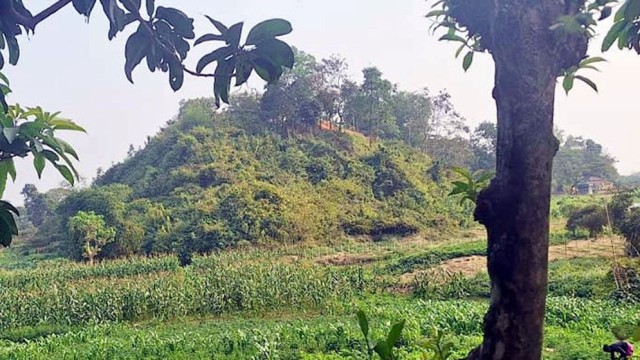


Comment: